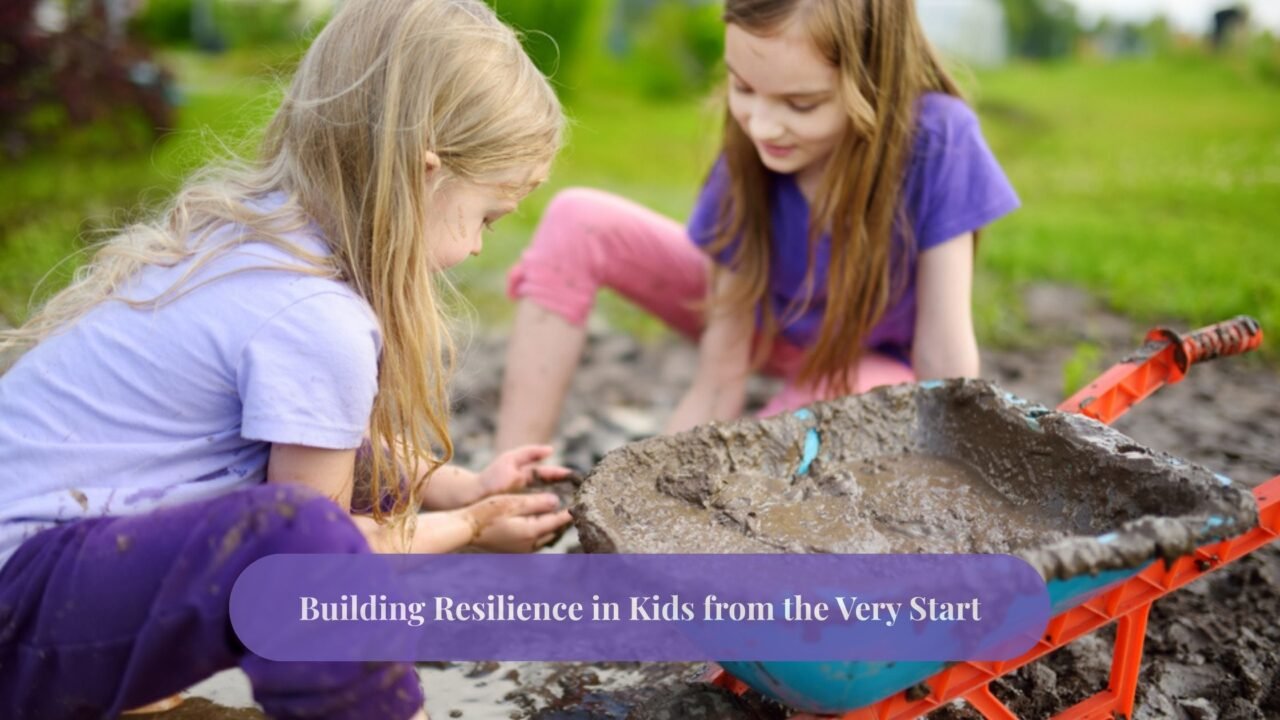In today’s fast-paced world, resilience is more than just a nice-to-have trait it’s an essential life skill. Resilient children can adapt to challenges, recover from setbacks, and face life’s uncertainties with confidence. While many people think resilience develops in adulthood, the truth is that its foundation is laid during the earliest years of life. Choosing the best preschool in Abu Dhabi can give your child the right environment to nurture this vital skill from the start.
Why Resilience Matters from the Very Beginning
The early years are when children’s brains grow at an incredible pace. They aren’t just learning to talk or walk they’re learning how to manage their emotions, solve problems, and deal with frustration. When children experience small challenges in a safe environment, they begin to develop the mental flexibility they’ll need to handle bigger challenges later in life.
Resilient children are more likely to stay calm in stressful situations, find solutions to problems, and approach new experiences with curiosity rather than fear. By introducing resilience-building experiences from the very start, you help them grow into confident individuals who can navigate school, friendships, and life’s ups and downs with greater ease.
Creating a Supportive and Safe Space
Resilience grows best when children feel secure. At home, this means creating a loving environment where mistakes are seen as opportunities to learn rather than failures. Encouraging independence whether it’s putting on their own shoes or pouring a glass of water teaches them to trust their abilities.
In educational settings like the best preschool in Abu Dhabi, children are encouraged to explore, try new activities, and express their feelings in a nurturing atmosphere guided by caring teachers. This combination of freedom and gentle guidance helps them build emotional strength.
Encouraging Everyday Problem-Solving
One of the most effective ways to build resilience is to let children figure out small challenges on their own. If a block tower falls, instead of fixing it for them right away, you can ask, “How do you think we could make it stronger?” This approach gives them a sense of control and teaches them that challenges can be overcome.
In the Best Preschool In MBZ, teachers often use hands-on activities that are both fun and slightly challenging, encouraging children to keep trying even when things don’t go perfectly the first time. This helps them learn persistence and patience two important qualities that form the backbone of resilience.
How Outdoor Play Builds Strength
Outdoor Play Supports Physical and Mental Growth in powerful ways. Climbing, running, balancing, and exploring nature encourage children to push their limits safely. When a child figures out how to climb to the top of a play structure or discovers how to work with friends to build a sandcastle, they gain a sense of achievement that boosts confidence.
Even small moments, like deciding which path to take in the park or waiting for their turn on a swing, help them practice decision-making and self-control. These skills naturally contribute to a resilient mindset.
Teaching Emotional Regulation
Resilience is not about avoiding emotions it’s about managing them. Children need to know it’s okay to feel sad, frustrated, or scared. The key is guiding them toward healthy coping strategies. You can help by naming their emotions “It seems like you’re feeling upset because the game ended” and then offering tools like deep breathing, drawing, or talking it out.
When children consistently experience emotional support at home and in school, they feel understood, which strengthens their ability to bounce back after disappointments.
Building Stability Through Routines
Children thrive when they know what to expect. Predictable routines make them feel secure, which in turn boosts resilience. Bedtime routines, for example, are not just about getting enough sleep they’re an opportunity to wind down and connect. Including calming bedtime activities like reading together, listening to soft music, or gentle stretching can help your child feel safe and reassured before drifting off to sleep.
A consistent daily rhythm, from mealtimes to playtime, reinforces the idea that the world is a safe and predictable place, even if small challenges arise.
Leading by Example
Children are always watching, and they learn resilience by observing how adults handle stress. When you face a challenge, staying calm and finding solutions shows your child that it’s possible to overcome difficulties without giving up. Sharing your own stories times when you tried, failed, and eventually succeeded can inspire them to keep going even when things get tough.
Conclusion
Building resilience in children is not about shielding them from difficulties it’s about giving them the tools to face life’s challenges with confidence. Whether it’s through supportive parenting, enriching experiences at school, or outdoor adventures, the goal is to help them feel loved, capable, and ready to take on the world.
When we start early, we set the stage for a lifetime of emotional strength. By fostering problem-solving skills, encouraging emotional regulation, and offering a stable, nurturing environment, we empower our children to grow into adaptable, confident, and happy individuals who can handle whatever comes their way.




